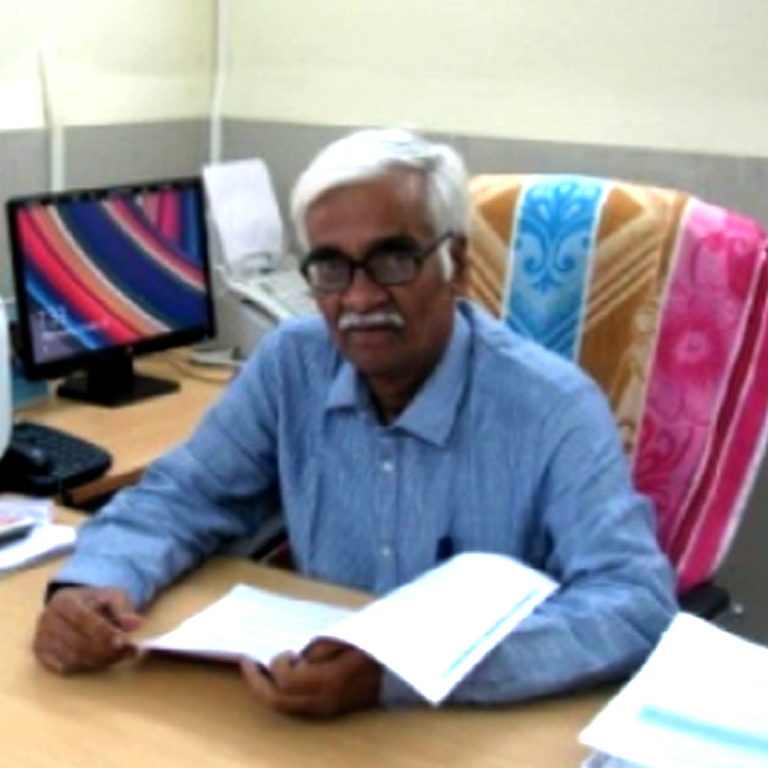
Prof. Nitai Bhattacharyya, PhD
Prof. Nitai Bhattacharyya on completion of his PhD degree in Physics from Saha Institute of Nuclear Physics (SINP), Calcutta, India in 1986, moved to the USA as a Post-doctoral fellow and worked at (i) Carcinogenesis Laboratory, Michigan State University,(ii) Imperial Cancer Research Fund (London), and (iii) the University of Utah, Salt Lake City, USA. He joined SINP in 1994 and superannuated in 2016 as a Senior Professor.
Biography
Prof. Nitai Bhattacharyya on completion of his PhD degree in Physics from Saha Institute of Nuclear Physics (SINP), Calcutta, India in 1986, moved to the USA as a Post-doctoral fellow and worked at (i) Carcinogenesis Laboratory, Michigan State University,(ii) Imperial Cancer Research Fund (London), and (iii) the University of Utah, Salt Lake City, USA. He joined SINP in 1994 and superannuated in 2016 as a Senior Professor.
He was engaged as the Director of BioMedical Genomics Centre, at PG Polyclinics, SSKM Hospital, Kolkata, in clinical research by the clinicians using genomics/genetic tools. Professor Bhattacharyya has made sustained contributions to understanding several neurological diseases like Myotonic dystrophy, Huntington’s disease, various subtypes of Spinocerebellar ataxia, Dentatorubral- pallidoluysian atrophy and Friedreich’s Ataxia. His genomic studies on these diseases have provided useful genetic epidemiological information on the origins of genomic alterations causing these diseases and reliable estimates of the prevalence of the diseases in diverse populations of India. To understand the biology of Huntington’s disease, he identified several novel functions of proteins related to HD in models of the disease. He extensively explored the contribution of gene deregulation in HD models by altered microRNA and long non-coding RNA expressions.
Presently, he is actively engaged in identifying known mutations in several mitochondrial diseases, maturity-onset diabetes of the young, Bardet-Biedl syndrome, and markers in cell-free nucleic acids in plasma/serum/urine in rheumatoid arthritis and non-diabetic kidney disease in collaboration with clinical researchers in Institute of Post Graduate Medical Education and Research.
